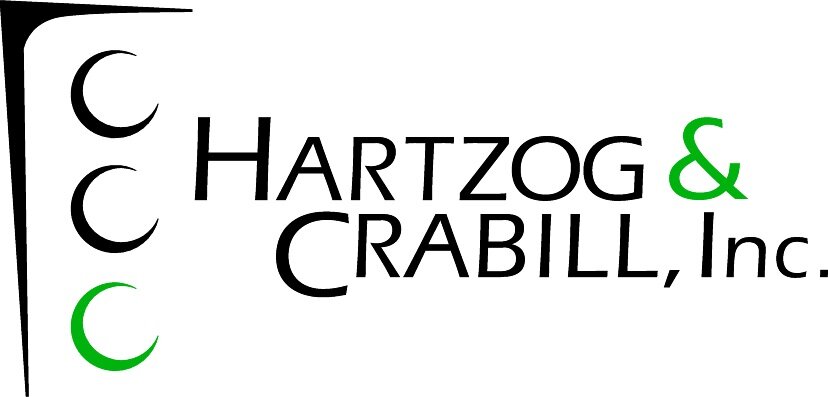Traffic Signal Operations
From our Tustin office location, HCI continuously operates (11) local agencies’ citywide traffic signal systems. The local agencies where HCI operates and maintains the coordination timing for traffic signals are the following cities:
Aliso Viejo
Cerritos
Cypress
Indian Wells
Laguna Hills
Moorpark
Rancho Santa Margarita
San Juan Capistrano
Stanton
Tustin
Yorba Linda
HCI staff’s “hands-on” traffic signal timing experience comprises all levels of timing applications, including timing input into signal system controllers manually and from our Traffic Signal Management System through our licensed system software, designing and installing special “custom” traffic signal operational circuitry, and maintaining signal interconnect operations.
Our experience includes extensive knowledge on each local agency’s signal controllers. More specifically, HCI staff continuously (daily) interfaces with all of the signal controllers for our client cities and manage them via the corresponding traffic signal management systems.
HCI typically provides a Traffic Signal Systems Specialist for the monitoring and maintenance support on all the City’s traffic signals. The Specialist sets up the Scheduled Operations on the traffic management system specifically for the City’s systems in order to automatically perform a variety of tasks. The functions and Specialist’s time spent on these services include performing the following daily sub-tasks:
The Scheduled Operations automatically gather and store historical data and real-time information on all the City’s traffic signal operations programmed;
The data is reviewed daily to verify that all traffic signals are working properly;
Any malfunctions logged are immediately reported to the City's designated traffic signal maintenance contractor, for dispatch;
The historical data is also analyzed to identify traffic volumes and patterns in order to assist in determining if adjustments to signal timing is necessary.
Verify if all timing is programmed correctly in each master and local controller.
HCI staff often assists the City in resolving traffic signal control complaints by speaking by phone/email/in person with the resident(s)/City personnel on their specific request. HCI staff completes the necessary investigation and makes recommendations to the City on identified traffic signal improvements, such as any new coordinated signal control systems, more efficient signal phasing, equipment upgrade, significant timing adjustments, etc.
HCI staff typically reports all traffic signal problems and malfunctions to the City’s traffic signal maintenance contractor within (24) hours. HCI staff coordinates all work associated with the City’s traffic signal maintenance contractor and also provides verification to the City of their completed work.
HCI staff also drives each project arterial during peak-periods every month (or every other month) in order to verify and fine-tune coordination timing. If necessary, HCI also coordinates and provides updated traffic counts as part of an investigation.
The above approach has proven to be a valuable service to all our client cities, as the on-going scheduled signal management has minimized overall time in troubleshooting, repair, and maintenance efforts by City staff on their citywide traffic signal system. In turn, this controlled management service actually saves the City on the amount of time and personnel required to monitor and repair signal related issues.
It must be mentioned, our staff continues our on-going excellent relationships with most traffic signal, lighting, and signal maintenance contractors (and their technicians), including Siemens-Republic ITS, Aegis-Team Econolite, and Computer Services Company, as well as with Caltrans and the County agencies for any shared City/State or City/County intersections.
